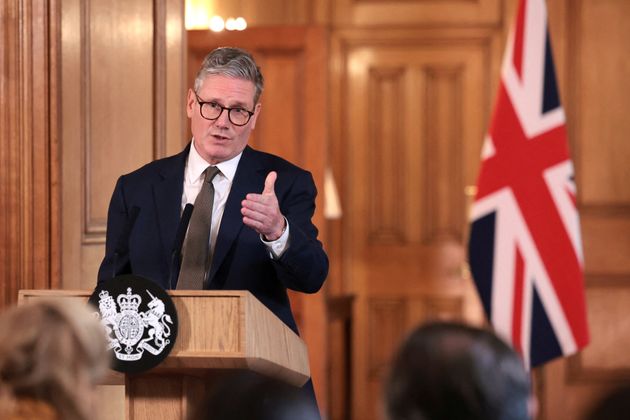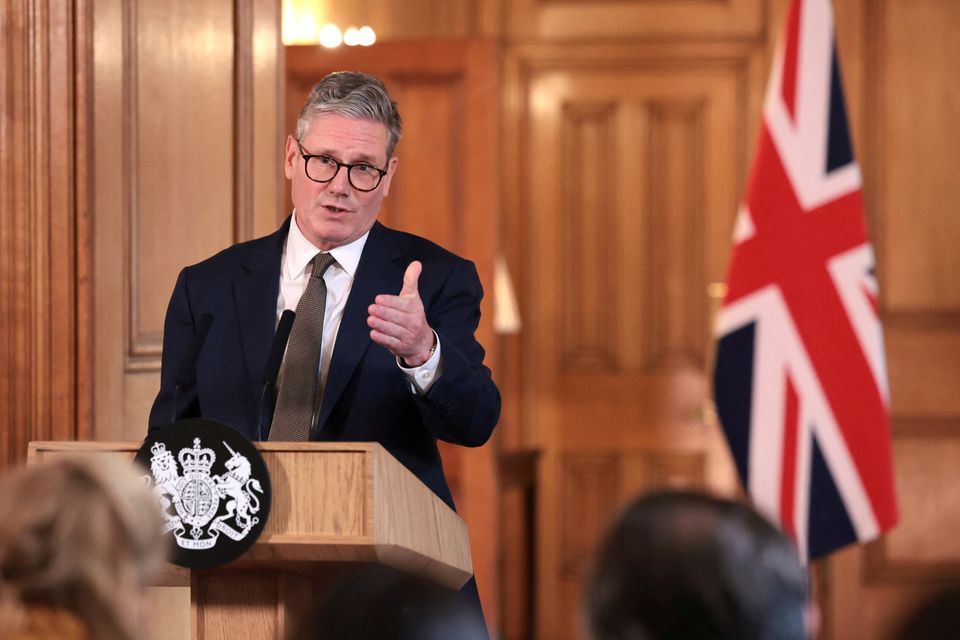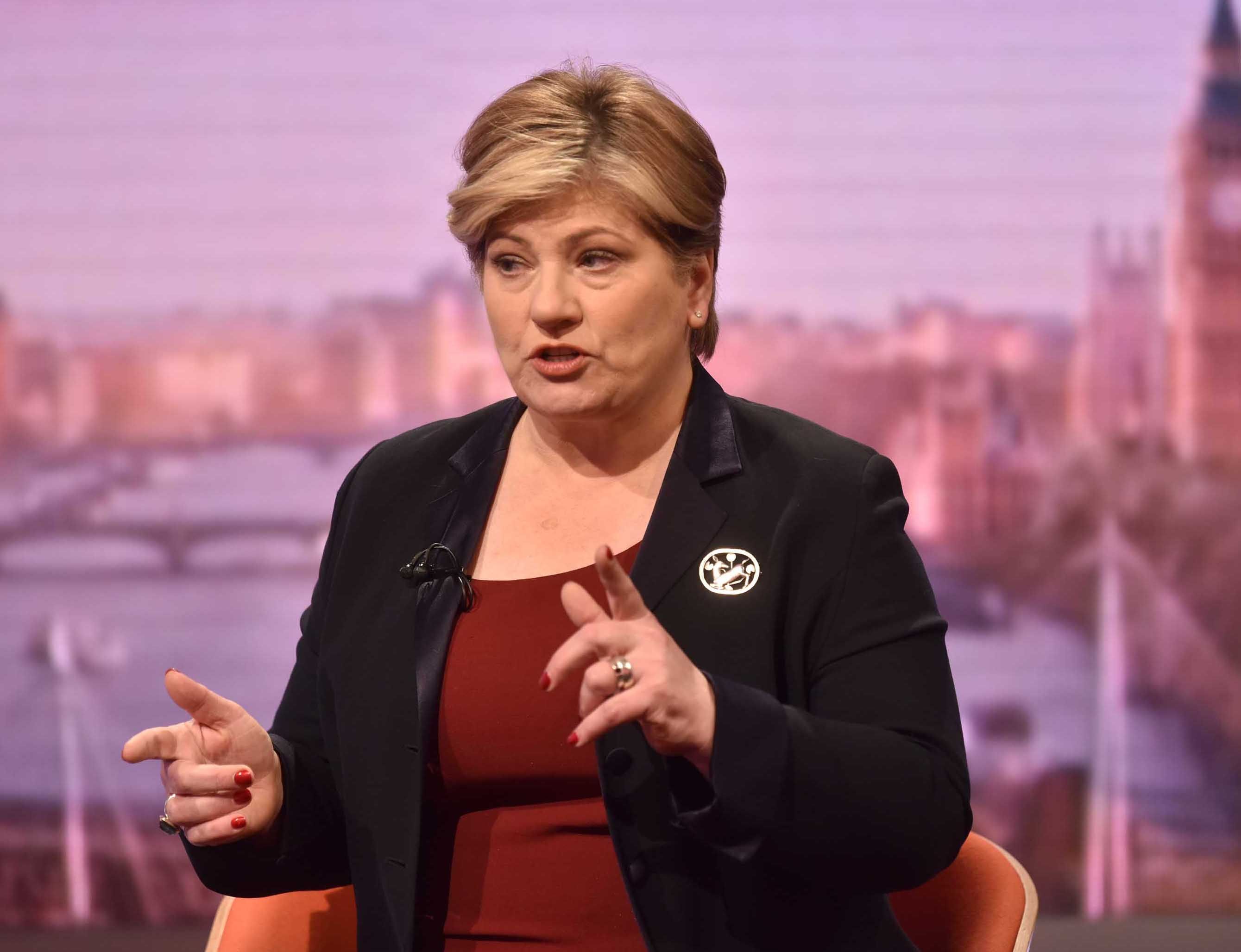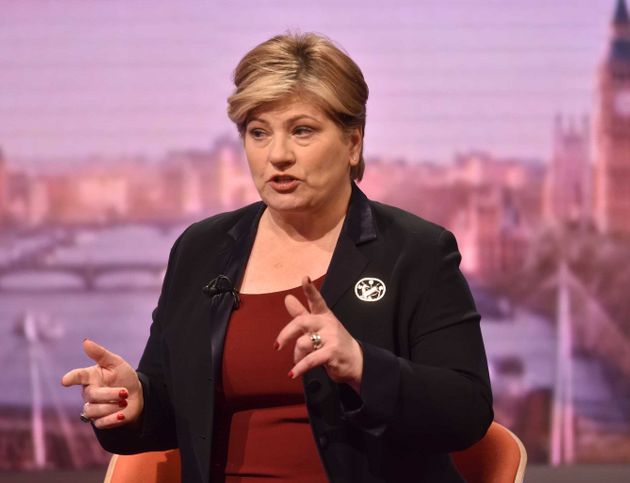Keir Starmer has wasted no time in assembling his new top team for the government – but there have been a few surprising decisions.
Most of the cabinet is made up of top Labour MPs who covered the same portfolio while in Opposition, including a record eleven women.
Advertisement
But, the new PM has also introduced a few non-political ministers into the mix and brought back a few names from the New Labour era.
1. Patrick Vallance
Vallance became a well-known name during the Covid pandemic, as the UK’s then-chief scientific adviser.
He regularly appeared in briefings alongside then-PM Boris Johnson and the chief medical officer for England, Chris Whitty, although he left this role in April 2023 once his fixed five-year term was over.
He was knighted two years ago and will now receive a peerage so he can go to parliament.
He supported Labour’s flagship manifesto pledge to introduce a publicly owned energy company earlier this year.
Advertisement
Starmer has decided to appoint him as a science minister under science, innovation and technology secretary Peter Kyle.
2. Richard Hermer
A KC from Matrix chambers – which was co-founded by Tony Blair’s wife Cherie – Hermer has been appointed as the attorney general.
That means he will oversee the government’s legal department, serious fraud office and the crown prosecution service.
He will get a life peerage so he can sit in the cabinet.
Hermer was among many Jewish lawyers who warned that Israel’s retaliation to the October 7 attack from Hamas should be within the confines of international law.
Advertisement
He has also spoken at Labour conference and donated £5,000 to Starmer’s campaign.
His appointment means Emily Thornberry – who was shadow attorney general – has now lost out on a place in cabinet.
It’s an especially interesting choice considering the Labour vote was squeezed by pro-Gaza independent candidates in many constituencies, and even ousted former shadow paymaster general Jonathan Ashworth from his seat.
3. Jacqui Smith
Smith held six roles in Blair’s government, and was promoted to be the first female home secretary under Gordon Brown.
Smith resigned in 2009 over a series of expenses scandals and in the 2010 general election her seat went to the Conservatives.
Advertisement
Starmer is now giving her a life peerage so that she can return to government as a higher education minister, reporting to education secretary Bridget Phillipson.
This is the same role Smith held under Blair, 25 years ago.
4. Douglas Alexander
Alexander held multiple ministerial roles in the New Labour years, including transport secretary and Scotland secretary under Blair, and international development secretary under Gordon Brown.
He was the shadow work and pensions secretary and shadow foreign secretary under Ed Miliband, too.
However, he has not been in parliament for the last nine years as he lost his seat in 2015 when the SNP swept through Scotland.
He was just elected in a new seat – Lothian East– last week and is now a business minister in Starmer’s government.
Advertisement
5. James Timpson
Rehabilitation campaigner and CEO of the Timpson Group – which regularly employs former prisoners – James Timpson is now the prisons minister.
Starmer praised the businessman in his news conference on Saturday, saying he had invested “a huge amount over many years” into rehabilitating offenders and that he was “very pleased” to appoint him as a minister.
Timpson is also chair of the Prison Reform Trust charity which looks to reduce imprisonment and improve conditions for inmates and families.
The role will be under the spotlight as British prisons continue to struggle with serious overcrowding at the moment.
Advertisement
6. Emily Thornberry
The Labour MP has been on the party’s front benches for years, under both Jeremy Corbyn and Starmer, and ran to be leader in 2020.
So the decision not to include Thornberry, a former criminal barrister, in the cabinet in some capacity therefore came as a surprise.

Nicola Tree via Getty Images







